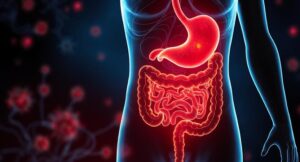If you’re searching for the best tea for gut health, you’ve come to the right place. Certain teas can naturally ease digestion, reduce bloating, and support a balanced gut microbiome. Let’s explore the top teas that promote digestive wellness and overall gut health.
Table of Contents
Introduction: Why Gut Health Matters More Than Ever
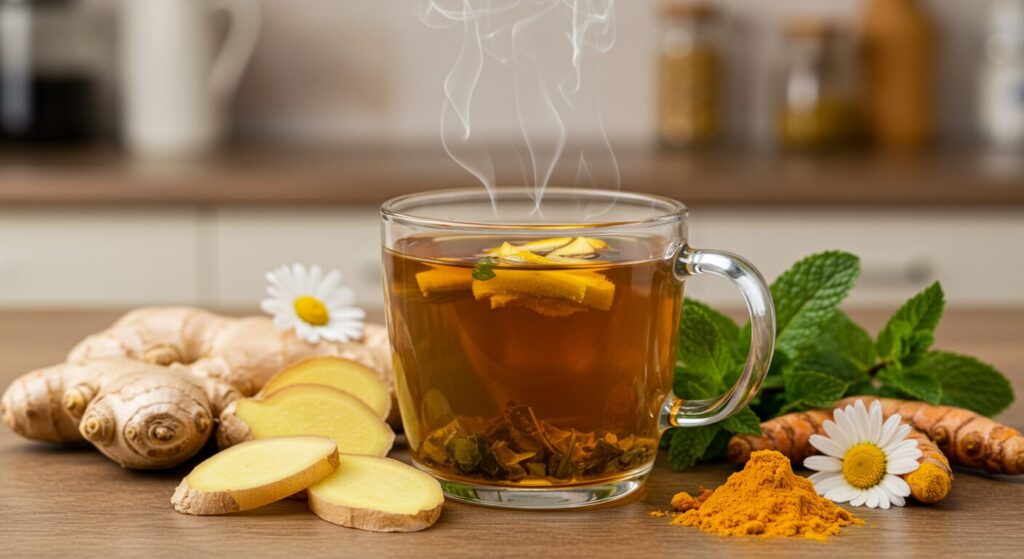
When was the last time you thought about your gut? For many of us, it’s only when we feel bloated, sluggish, or uncomfortable after a meal. But the truth is, your gut does a lot more than just digest food — it plays a central role in your overall health.
The Importance of Gut Health
Your gut is home to trillions of bacteria, collectively known as the gut microbiome. These tiny organisms help break down food, absorb nutrients, balance hormones, and even support your immune system. When your gut is in good shape, you’re more likely to feel energized, clear-headed, and comfortable in your body.
But when things go out of balance? You might notice issues like:
- Digestive discomfort (bloating, gas, constipation)
- Food sensitivities
- Skin problems
- Low energy or mood swings
That’s why more people are starting to realize how gut health affects the body, from digestion to brain function and everything in between.
How Diet, Stress, and Lifestyle Play a Role
Unfortunately, modern life isn’t always gut-friendly. A diet high in processed foods, too much sugar, chronic stress, and poor sleep can all throw your gut out of balance. Over time, this can lead to inflammation and a weakened digestive system.
The good news? You don’t always need a dramatic overhaul to get back on track. Small, consistent changes—like adding gut-friendly foods and drinks to your routine—can make a big difference.
Why Tea Can Be a Natural Gut-Supporting Ally
Tea has been used for centuries to support wellness, and certain varieties are especially known for their digestive benefits. Herbal teas like ginger, peppermint, and chamomile can help reduce bloating, soothe inflammation, and support a healthy gut lining.
Whether you’re struggling with digestion or just want to feel better from the inside out, tea is a simple, natural way to support your gut health—and it tastes great, too.
In this article, we’ll break down the best teas for gut health, what makes each one effective, and how to incorporate them into your daily routine.
Let’s dive in.
How Herbal Teas Support Digestive Health
Herbal teas aren’t just comforting—they can be powerful tools for improving your digestion naturally. If you’ve ever sipped a warm cup of tea after a heavy meal and felt relief, you’ve already experienced how tea helps with digestion.
Natural Compounds That Soothe the Gut
Many herbal teas contain natural compounds like polyphenols, tannins, and essential oils. These work in different ways to support your digestive system:
- Polyphenols feed the good bacteria in your gut, helping to create a balanced microbiome.
- Tannins can tighten the gut lining and reduce inflammation, especially helpful for mild digestive discomfort.
- Essential oils in herbs like peppermint and fennel relax the muscles of the gastrointestinal tract, easing cramps and bloating.
These components make herbal teas one of the most accessible and gentle herbal remedies for gut issues.
Benefits of Herbal Tea for Digestion
Here are some of the key digestive benefits herbal teas offer:
✅ Reduce bloating and gas – Teas like peppermint and fennel help ease trapped gas and soothe stomach muscles.
✅ Improve bowel movements – Senna and dandelion root teas can encourage regularity without harsh effects.
✅ Relieve indigestion – Ginger tea can stimulate digestive juices and enzymes, making it easier to break down food.
✅ Calm inflammation – Chamomile and licorice root have natural anti-inflammatory properties that support gut healing.
✅ Balance gut bacteria – Green tea and other polyphenol-rich options help support a diverse, healthy microbiome.
Why Teas Work Gently—but Effectively
Unlike over-the-counter medications that often just mask symptoms, herbal teas work with your body. They don’t overwhelm the digestive system—instead, they encourage balance by supporting natural processes like peristalsis (movement of food through your intestines) and microbiome health.
And because herbal teas are usually caffeine-free, they’re easy on the stomach and safe to enjoy at any time of day.
So, if you’re looking for simple, natural ways to soothe your stomach, incorporating herbal tea for digestion is one of the easiest and most enjoyable habits to start.
Signs Your Gut Needs Support
Wondering if your gut might be out of balance? You’re not alone. Many people live with daily digestive discomfort without realizing that these are signs of poor gut health. The gut is a complex system, and when it’s not functioning properly, your body sends clear—though often overlooked—signals.
Common Symptoms of Digestive Imbalance
Here are some telltale symptoms of digestive imbalance to watch for:
- Bloating and gas after meals
- Constipation or irregular bowel movements
- Frequent heartburn or acid reflux
- Food intolerances or sensitivities (especially to dairy, gluten, or sugar)
- Unexplained fatigue or low energy
- Skin issues like acne, eczema, or rashes
- Frequent sugar cravings
- Mood swings, anxiety, or brain fog
These symptoms are your body’s way of saying, “Hey, something’s not quite right down here.”
How to Know If Your Gut Is Unhealthy
You don’t need fancy tests to get a sense of whether your gut might need a little TLC. Start by tuning in to how you feel after eating. Do you often feel heavy, bloated, or uncomfortable? Are certain foods making you feel worse instead of better?
If you’ve checked off more than a few of the symptoms above, it’s a strong indication your digestive system could use some extra support.
Why Tea Can Be Part of the Solution
While gut issues can be complex, some of the best remedies are simple. Herbal teas for digestion work gently to calm inflammation, support healthy gut bacteria, and ease discomfort. They’re not a magic cure—but they’re a natural and soothing step in the right direction.
So if your gut’s been sending distress signals lately, adding the right teas to your daily routine might be just what your digestive system needs.
10 Best Teas for Gut Health and Digestion
Digestive discomfort—bloating, cramping, indigestion—can often be eased with the right natural remedies. And what’s more soothing than a warm cup of tea? Below, we highlight the 10 best teas for gut health and digestion, explaining exactly how each tea supports your gut, reduces inflammation, and alleviates bloating.
These are some of the top teas for gut healing and daily digestive support—many used traditionally and backed by modern science.
1. Ginger Tea

Why: A digestive powerhouse. Ginger tea is well-known for reducing nausea, stimulating digestion, and easing inflammation.
Gut Benefits: Contains gingerols, which reduce inflammation and help with gastric motility—perfect for bloating and indigestion.
Recommended For: Nausea, bloating, gas, and gut inflammation.
Trusted Brands:
⚠️ Caution: May aggravate GERD due to its warming nature.
2. Peppermint Tea
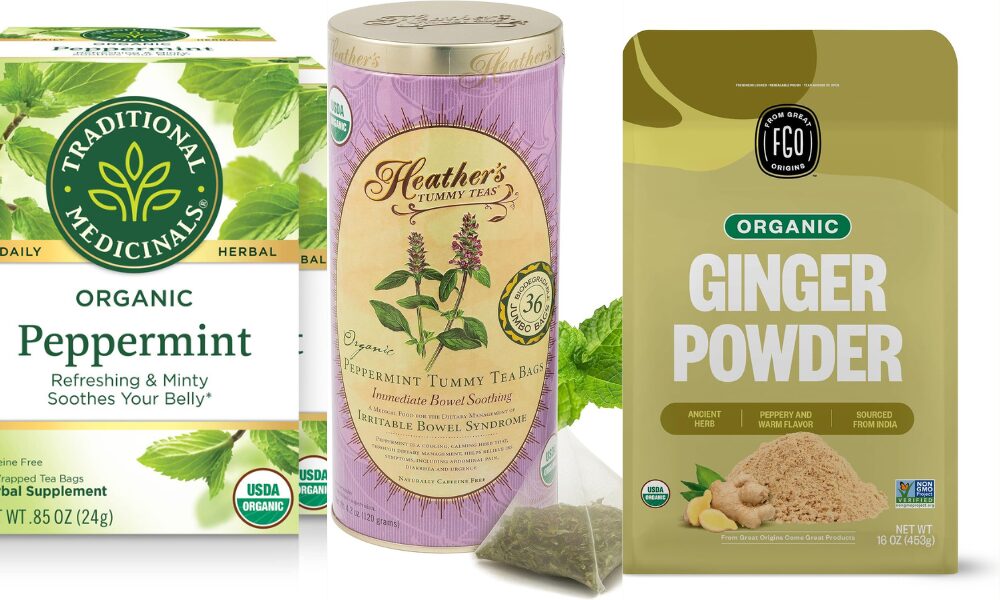
Why: One of the best natural teas for bloating and digestion. Peppermint relaxes the muscles of the GI tract, easing gas and cramping.
Gut Benefits: Menthol helps relieve IBS symptoms and supports smoother digestion.
Recommended For: Bloating, IBS, gas pain.
Trusted Brands:
⚠️ Caution: May worsen reflux or heartburn in some people.
3. Chamomile Tea

Why: A gentle digestive relaxant with anti-inflammatory and antispasmodic effects.
Gut Benefits: Soothes the stomach lining and reduces muscle spasms; excellent for stress-related gut issues.
Recommended For: Indigestion, stress-induced gut discomfort.
Trusted Brands:
⚠️ Caution: Rare allergy risk for those sensitive to ragweed.
4. Green Tea

Why: A top tea for gut inflammation thanks to its rich antioxidant content.
Gut Benefits: Polyphenols like EGCG help reduce gut inflammation and improve the gut microbiome.
Recommended For: Inflammation, microbiome support, general gut health.
Trusted Brands:
⚠️ Caution: Contains caffeine; avoid if sensitive.
5. Licorice Root Tea (DGL)
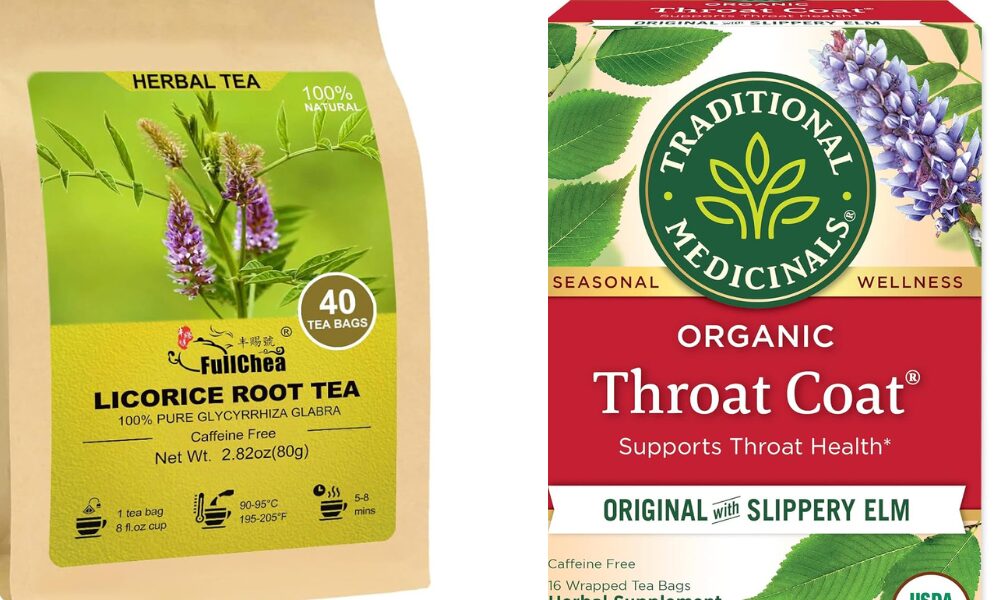
Why: Soothes inflamed tissues and supports mucosal healing—excellent for gastritis, ulcers, and reflux.
Gut Benefits: Coats the stomach lining and supports healing. DGL (deglycyrrhizinated licorice) is safer for long-term use.
Recommended For: Acid reflux, ulcers, irritated gut lining.
Trusted Brands:
⚠️ Caution: Standard licorice root can raise blood pressure; opt for DGL if concerned.
6. Fennel Tea

Why: An herbal carminative, fennel tea is known for easing gas and bloating.
Gut Benefits: Relaxes GI muscles, expels gas, and eases indigestion gently.
Recommended For: Bloating, gas, colic, cramping.
Trusted Brands:
⚠️ Caution: Minimal estrogenic effect—safe in tea, but consult if concerned.
7. Dandelion Root Tea
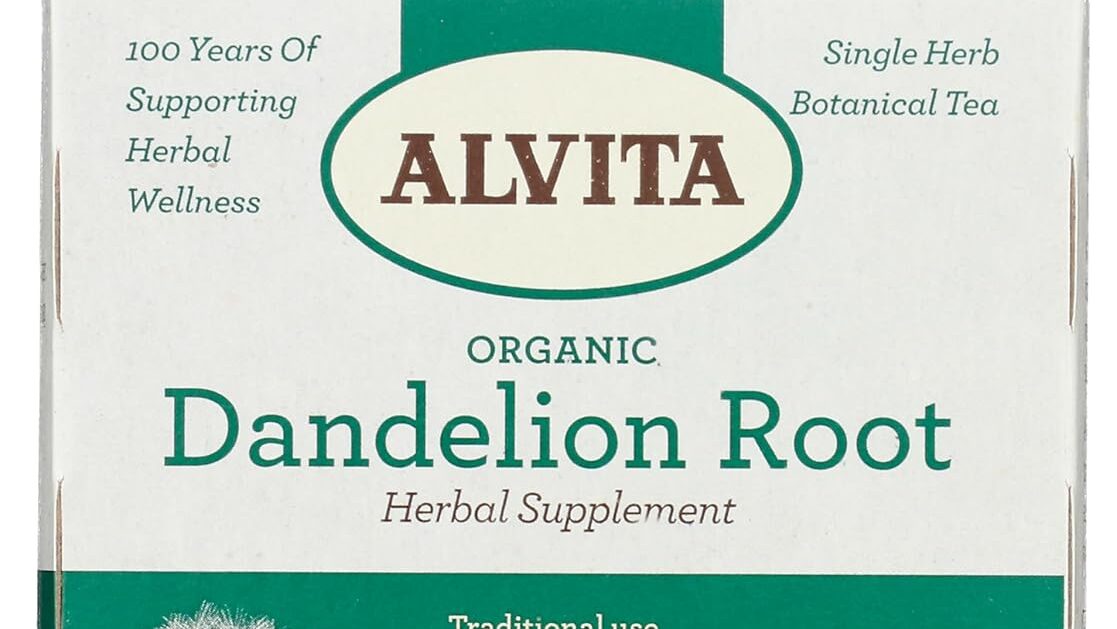
Why: A natural liver and digestion booster, especially after heavy meals.
Gut Benefits: Promotes bile flow, helping break down fats. Supports detox pathways and feeds beneficial gut bacteria.
Recommended For: Sluggish digestion, post-meal bloating.
Trusted Brands:
⚠️ Caution: Diuretic effect. Avoid with bile duct obstruction or certain medications.
8. Marshmallow Root Tea
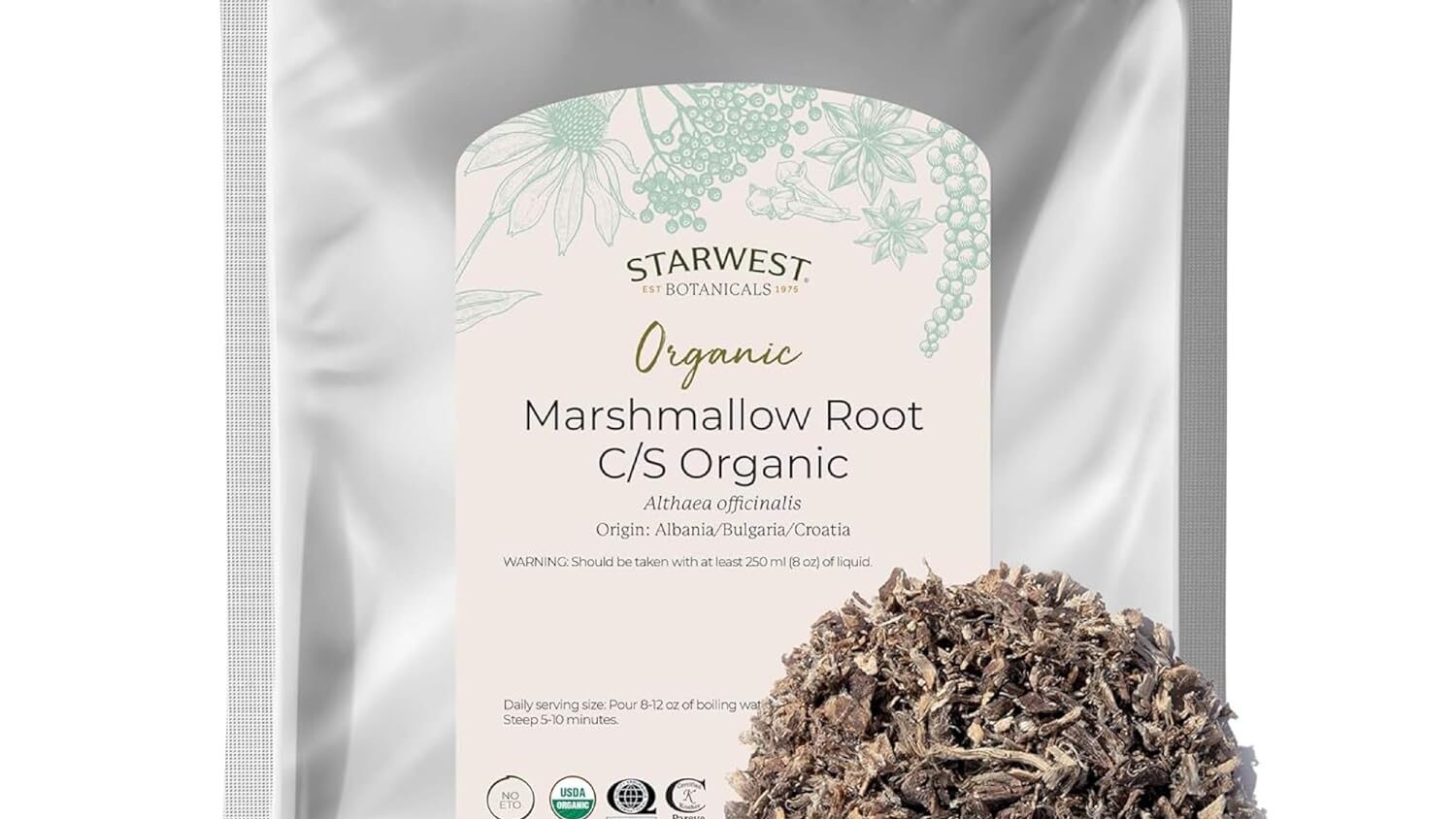
Why: Soothes the gut lining and relieves inflammation from conditions like IBS and gastritis.
Gut Benefits: Mucilage coats the gut lining, reducing irritation and inflammation.
Recommended For: Gastritis, heartburn, ulcerative gut conditions.
Trusted Brands:
⚠️ Caution: May slow the absorption of medications—take separately.
9. Turmeric Tea (Golden Milk)
Why: One of the top teas for gut healing, turmeric tea reduces inflammation and supports gut barrier integrity.
Gut Benefits: Curcumin, the active compound, supports healing from IBD, IBS, and leaky gut.
Recommended For: Inflammatory gut conditions, bloating, gut pain.
Trusted Brands:
⚠️ Caution: May interact with blood thinners.
10. Slippery Elm Bark Tea
Why: A powerful herbal remedy for soothing the digestive tract.
Gut Benefits: High mucilage content coats and calms irritated intestines and stomach lining.
Recommended For: IBS, heartburn, diarrhea, gut inflammation.
Trusted Brands:
⚠️ Caution: May interfere with medication absorption—take 1–2 hours apart.
My Final Thoughts: What’s the Best Tea for Gut Healing?
If you’re looking for the best natural teas for bloating and digestion, start with peppermint, ginger, or chamomile for general relief. For deeper gut healing and inflammation, turmeric, slippery elm, and marshmallow root offer powerful support.
🛒 Want to try these teas? Browse our recommended gut health teas on Amazon using the links above or in your local health store. Always choose organic, high-quality brands for best results.
Best Time to Drink Tea for Gut Health
Drinking tea at the right time can make a big difference in how well it supports your digestion and soothes your gut. Different teas work best when timed around meals or specific parts of your day. Here’s a guide to optimize your gut health tea routine:
1. Peppermint Tea — Best After Meals
Peppermint tea works wonders for bloating, gas, and digestive cramps, but it’s most effective when consumed after eating.
- Why? Peppermint relaxes the smooth muscles of your digestive tract, helping to relieve post-meal cramping and gas buildup. Drinking it right after meals can ease bloating and support digestion.
- Tip: Avoid peppermint tea if you have acid reflux or GERD, as it can relax the lower esophageal sphincter and worsen symptoms.
2. Ginger Tea — Before or After Meals
Ginger tea is versatile and can be taken before or after meals for digestive benefits.
- Before meals: Stimulates digestion and digestive enzyme secretion, preparing your stomach for food.
- After meals: Helps reduce nausea, indigestion, and bloating.
- Tip: Avoid drinking too much on an empty stomach if you’re sensitive, as ginger can be warming/spicy.
3. Chamomile Tea — Best Before Bedtime
Chamomile tea is a gentle relaxant that soothes both your gut and your mind, making it ideal to drink before bed.
- Why? It calms gut muscle spasms and reduces inflammation while promoting relaxation and better sleep, both essential for healthy digestion.
- Tip: Perfect if you suffer from stress-related digestive issues or nighttime indigestion.
4. Green Tea — Mid-Morning or Mid-Afternoon
Green tea contains caffeine and antioxidants, so the best time to drink it is mid-morning or mid-afternoon, between meals.
- Why? Drinking green tea on an empty stomach may cause acidity or discomfort. Having it between meals maximizes antioxidant absorption and supports your gut microbiome without upsetting digestion.
- Tip: Brew with slightly cooler water (~175°F) to avoid bitterness.
5. Licorice Root (DGL) Tea — Before Meals
DGL Licorice is often recommended to be taken before meals to protect and soothe the gut lining.
- Why? It helps coat and protect the stomach lining from acid, which can prevent heartburn and ulcer symptoms when taken prior to eating.
- Tip: Use DGL form to avoid blood pressure effects, and consult your doctor if you have hypertension.
6. Fennel Tea — After Meals or Anytime for Gas Relief
Fennel tea is excellent to drink after meals to relieve gas and bloating.
- Why? It relaxes intestinal muscles and helps expel trapped gas, improving digestion and comfort.
- Tip: Also good anytime you feel digestive discomfort or mild cramping.
7. Dandelion Root Tea — Before or After Meals
Dandelion root tea can be consumed before or after meals to stimulate bile production and support fat digestion.
- Why? Drinking it before meals primes the liver and gallbladder, aiding digestion of fatty foods. After meals, it can help with sluggish digestion.
- Tip: Avoid if you have gallstones or bile duct issues without medical advice.
8. Marshmallow Root Tea — Between Meals or Before Bed
Marshmallow root tea works best when taken between meals or before bedtime.
- Why? Its mucilage coats the digestive tract without interfering with digestion. Drinking it between meals maximizes soothing effects on irritated gut linings.
- Tip: Avoid taking it too close to medication times, as it may reduce absorption.
9. Turmeric Tea (Golden Milk) — After Meals or Before Bed
Turmeric tea can be taken after meals or before bed to support gut inflammation and overall healing.
- Why? Curcumin is anti-inflammatory and can help reduce gut inflammation when consumed regularly. Evening consumption also aids overnight repair.
- Tip: Combine with black pepper for better absorption.
10. Slippery Elm Bark Tea — Between Meals or Before Bed
Slippery elm is best consumed between meals or before bedtime to soothe and coat the gut lining.
- Why? This timing avoids interference with digestion and medication absorption, allowing the mucilage to protect the GI tract optimally.
- Tip: Take 1-2 hours apart from medications.
Summary: Tea Timing Tips for Gut Health
| Tea | Best Time to Drink | Why |
|---|---|---|
| Peppermint | After meals | Relaxes gut muscles post-eating |
| Ginger | Before or after meals | Stimulates digestion & reduces nausea |
| Chamomile | Before bed | Calms gut & promotes sleep |
| Green Tea | Mid-morning or afternoon | Avoid acidity & maximize antioxidants |
| Licorice Root (DGL) | Before meals | Protects gut lining |
| Fennel | After meals or anytime | Eases gas and bloating |
| Dandelion Root | Before or after meals | Stimulates bile & fat digestion |
| Marshmallow Root | Between meals or before bed | Soothes irritated gut lining |
| Turmeric | After meals or before bed | Anti-inflammatory & healing |
| Slippery Elm Bark | Between meals or before bed | Coats and soothes digestive tract |
My Final Thoughts
To maximize the benefits of tea for gut health, consider the timing based on your symptoms and lifestyle. Peppermint and fennel are great post-meal choices for bloating, while chamomile and marshmallow root work well before bed to relax your gut.
Experiment to find what works best for your digestion — and sip your way to a happier gut!
Teas to Avoid if You Have Gut Issues
While many teas support digestion and gut health, some can actually irritate sensitive stomachs or worsen symptoms like acid reflux, IBS, and bloating. If you have gut issues, it’s important to know which teas to avoid and what gentler options you can try instead.
1. Black Tea — Can Be Too Harsh for Sensitive Guts
Black tea is high in caffeine and tannins, which can stimulate acid production and irritate the stomach lining.
- Why avoid? Caffeine can worsen acid reflux, cause stomach discomfort, and increase gut sensitivity. The tannins may also interfere with digestion and nutrient absorption.
- Alternative: Try green tea or herbal teas like chamomile, which are gentler and lower in caffeine.
2. High-Caffeine Teas (Matcha, Pu-erh, Oolong) — Potential Gut Irritants
Teas with higher caffeine content can trigger or worsen symptoms such as heartburn, cramping, and diarrhea.
- Why avoid? Caffeine stimulates acid secretion and gut motility, which might aggravate IBS or reflux.
- Alternative: Opt for decaffeinated green tea, rooibos, or peppermint tea (if you don’t have reflux).
3. Hibiscus Tea — May Cause Stomach Discomfort in Some
While hibiscus is rich in antioxidants, its natural acidity can irritate sensitive stomachs.
- Why avoid? The acidity may increase heartburn or cause upset stomach in those prone to reflux or ulcers.
- Alternative: Try licorice root tea (DGL form) or fennel tea, which are soothing and less acidic.
4. Chamomile (For Ragweed Allergy Sufferers) — Potential Allergic Reactions
Chamomile is usually gentle but can cause reactions in people allergic to ragweed or related plants.
- Why avoid? Allergic reactions may trigger gut discomfort or inflammation in sensitive individuals.
- Alternative: Ginger tea or marshmallow root tea may be safer soothing options.
5. Peppermint Tea — Avoid if You Have GERD or Hiatal Hernia
Though peppermint relieves bloating and cramps, it can worsen acid reflux or heartburn by relaxing the lower esophageal sphincter.
- Why avoid? Can cause acid to flow back into the esophagus, aggravating reflux symptoms.
- Alternative: Try chamomile or ginger tea for digestive relief without reflux risk.
6. Licorice Root (Non-DGL) — Can Raise Blood Pressure and Cause Gut Issues
Regular licorice root tea (not deglycyrrhizinated) may raise blood pressure and irritate the gut in some people.
- Why avoid? Glycyrrhizin can cause fluid retention, hypertension, and interact with medications, worsening gut discomfort indirectly.
- Alternative: Use DGL licorice products or switch to marshmallow root tea for soothing effects.
7. Very Strong or Concentrated Teas — Can Aggravate Gut Sensitivity
Overly strong brews, regardless of type, can irritate the digestive lining due to high tannin and caffeine levels.
- Why avoid? Concentrated teas increase stomach acid and can cause discomfort or exacerbate IBS symptoms.
- Tip: Brew teas lightly and avoid steeping longer than recommended.
Gentler Alternatives for Sensitive Stomachs
If you’re prone to gut issues, consider these soothing, low-acid, and caffeine-free options instead:
- Chamomile Tea: Calming and anti-inflammatory.
- Ginger Tea: Soothes nausea and promotes digestion.
- Fennel Tea: Eases gas and bloating gently.
- Marshmallow Root Tea: Coats and protects irritated digestive tissues.
- Rooibos Tea: Naturally caffeine-free and gentle on the stomach.
- Licorice Root (DGL): Soothes mucous membranes without raising blood pressure.
Final Thoughts
Not all teas are created equal when it comes to gut health. If you suffer from IBS, acid reflux, or a sensitive stomach, avoid teas that are high in caffeine, tannins, or acidity. Instead, choose mild, soothing herbal teas to help support digestion without aggravating your symptoms.
Caffeine vs. Caffeine-Free Teas: What’s Better for Your Gut?
When it comes to choosing the best tea for gut health, one of the most common questions is whether caffeinated or caffeine-free teas are better for digestion. Let’s break down how caffeine affects your gut and help you decide which option suits your digestive needs.
How Does Caffeine Affect Gut Health?
Caffeine is a natural stimulant found in many teas such as black, green, oolong, and matcha. It can have both positive and negative effects on your digestive system:
- Stimulates Gut Motility: Caffeine can increase the speed at which food moves through your intestines, which may help prevent constipation for some.
- Increases Acid Production: It stimulates the stomach to produce more acid, which can worsen acid reflux or gastritis in sensitive individuals.
- May Aggravate IBS Symptoms: For people with Irritable Bowel Syndrome, caffeine can trigger diarrhea, cramping, or increased bowel movements.
In short, caffeine can be a double-edged sword—helpful for some but irritating for others.
Are Decaf or Caffeine-Free Teas Better for Digestion?
Many turn to decaffeinated teas or naturally caffeine-free herbal teas to avoid potential caffeine-related gut issues. Here’s why they may be a better choice for gut health:
- Gentler on the Stomach: Decaf teas and herbal teas usually lack caffeine’s stimulatory effects, reducing the risk of acid reflux and gut irritation.
- Supportive Herbal Properties: Many caffeine-free teas like chamomile, ginger, and fennel contain natural compounds that soothe inflammation, reduce bloating, and calm digestive discomfort.
- Less Likely to Disrupt Sleep: Poor sleep can negatively impact gut health. Since caffeine can interfere with sleep quality, caffeine-free teas are better for nighttime gut support.
However, note that decaf teas still contain small amounts of caffeine, so if you are extremely sensitive, herbal teas may be preferable.
Common Myths About Caffeine and Digestion
- Myth 1: All caffeine is bad for your gut.
Fact: Moderate caffeine intake may aid digestion and prevent constipation in some people. Problems mainly occur with excessive consumption or existing gut conditions. - Myth 2: Decaf teas are completely caffeine-free.
Fact: Decaf teas contain small traces of caffeine, usually 2-5 mg per cup, much less than regular tea but not zero. - Myth 3: Herbal teas are always safe for all gut issues.
Fact: Some herbal teas like peppermint or licorice may aggravate acid reflux or interact with medications.
How to Choose Based on Your Gut Health Needs
- If you have acid reflux, gastritis, or sensitive stomach, prefer decaf or herbal teas that are low in caffeine and soothing, such as chamomile or ginger.
- If you tolerate caffeine well and need a digestive boost or to prevent constipation, moderate amounts of green or black tea may help.
- Always monitor your body’s response and adjust accordingly. When in doubt, consult a healthcare professional.
Bottom Line
Both caffeinated and caffeine-free teas can support gut health when chosen wisely. Understanding how caffeine affects your digestion helps you pick the best tea to soothe your gut without unwanted side effects.
Combining Teas with Gut-Friendly Habits
Tea and probiotics, tea with gut healing diet, lifestyle tips for better digestion
Drinking gut-friendly teas is a great step toward better digestion, but to really support your gut health, it’s best to combine tea with other proven habits. Think of tea as one part of a holistic gut-healing toolkit.
Pair Tea with a Fiber-Rich Diet
Fiber is the fuel your gut bacteria love. Eating plenty of fruits, vegetables, whole grains, and legumes helps promote a healthy microbiome, which works hand-in-hand with the antioxidants and anti-inflammatory compounds in many teas. Try sipping chamomile or ginger tea after a fiber-packed meal to soothe digestion and reduce bloating.
Incorporate Probiotics Alongside Your Tea Routine
Probiotics—live beneficial bacteria found in yogurts, kefir, and supplements—help restore balance to your gut flora. Combining probiotics with gut-soothing teas like fennel or peppermint may enhance digestion and improve symptoms of IBS or bloating. Drinking tea alongside probiotic foods can create a more favorable environment for these good bacteria to thrive.
Cut Back on Sugar and Processed Foods
Excess sugar and processed foods feed harmful gut bacteria and can cause inflammation. While tea itself is naturally low in sugar, be mindful not to add too much sweetener. Opt for herbal teas that support gut healing without added sugar, and pair this with a diet rich in whole, unprocessed foods for best results.
Stay Hydrated Throughout the Day
Adequate hydration keeps digestion running smoothly and supports nutrient absorption. Drinking gut-friendly teas contributes to your daily fluid intake, but remember to also drink plenty of plain water. Herbal teas like dandelion or licorice root are especially hydrating and can gently support your liver and digestion.
Manage Stress and Move Regularly
Stress negatively impacts gut health by altering digestion and microbiome balance. Pair your tea time with mindfulness practices like deep breathing or light stretching to calm your nervous system. Gentle movement, such as walking or yoga, also helps stimulate digestion and reduce symptoms like bloating.
By combining these lifestyle habits with the best teas for gut health, you create a powerful synergy that supports your digestion naturally and effectively.
How to Brew Gut-Healthy Teas for Maximum Benefits
Brewing your gut-friendly tea the right way can make all the difference in unlocking its full digestive benefits. Here’s a simple guide to help you prepare each cup perfectly:
Use Fresh, Filtered Water
Start with fresh, filtered water for the best flavor and to avoid any impurities that might interfere with your tea’s natural properties. The quality of water matters more than you might think!
Mind the Water Temperature
Different teas require different temperatures to release their healing compounds without bitterness:
- Herbal teas (ginger, chamomile, peppermint, fennel): Use boiling water (212°F/100°C).
- Green tea: Use slightly cooler water around 175°F (80°C) to avoid bitterness and preserve antioxidants.
- Licorice root or dandelion teas: Boil water and steep longer for stronger effects (up to 10 minutes).
Steeping Time Matters
Steep your tea long enough to extract those beneficial compounds, but not so long that it becomes bitter or overpowering:
- Herbal teas: 5–10 minutes.
- Green tea: 2–3 minutes.
- Roots like licorice or dandelion: 8–10 minutes.
For mucilage-rich teas like marshmallow root or slippery elm, consider cold brewing or making a cold infusion overnight to maximize soothing effects.
Enhance Your Tea with Gut-Supporting Add-Ins
Certain natural additions can boost your tea’s gut-healing power without upsetting digestion:
- Lemon: Adds vitamin C and supports digestion. Use sparingly if you’re sensitive to acidity.
- Turmeric: Boost anti-inflammatory benefits; add a pinch of black pepper for better absorption.
- Raw honey: A gentle natural sweetener with prebiotic properties. Avoid if you have a sensitive stomach or are avoiding sugars.
Avoid Adding Milk or Cream
Dairy can sometimes irritate sensitive digestive systems and interfere with some tea’s benefits. For gut health, it’s best to enjoy your tea plain or with the natural add-ins above.
Following these simple brewing tips ensures every cup of your gut-healthy tea delivers soothing, digestion-supporting benefits. Happy sipping!
FAQs About the Best Tea For Gut Health
What tea is best for your gut health?

The best tea for gut health often includes herbal options like ginger tea, peppermint tea, and chamomile tea. These teas help reduce bloating, soothe inflammation, and support a healthy digestive tract. Ginger tea is especially praised for its anti-inflammatory and motility-boosting effects.
What should I drink every day for gut health?
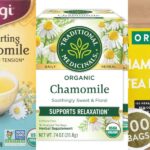
Drinking herbal teas like chamomile or fennel tea daily can gently support your gut. Also, staying hydrated with warm lemon water or green tea rich in polyphenols can improve gut microbiota and digestion over time. Choose caffeine-free teas in the evening to avoid disrupting your sleep, which also impacts gut health.
What tea is good for inflammation in the gut?
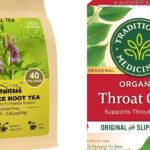
For gut inflammation, teas like turmeric tea, licorice root tea (DGL), and slippery elm tea are top choices. These contain powerful anti-inflammatory compounds such as curcumin and mucilage that soothe and repair the gut lining, making them ideal for conditions like IBS or gastritis.
Which tea is best for cleansing the stomach?
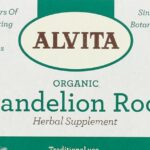
Dandelion root tea is considered one of the best teas for cleansing the stomach and liver. It acts as a mild digestive bitter, promoting bile production and aiding in natural detox. Green tea and peppermint tea also help by supporting metabolism and reducing gas or bloating.
Conclusion: Sip Your Way to a Happier Gut
Taking care of your gut doesn’t have to be complicated. By incorporating the right teas into your daily routine, you can naturally support digestion, reduce inflammation, and soothe common gut issues. Whether it’s calming chamomile before bed or refreshing peppermint after meals, these gut healing teas offer gentle yet effective benefits.
Try experimenting with a few different varieties to see what works best for your body—everyone’s gut is unique! Keeping a simple tea journal to note how you feel after each cup can help you build a personalized gut health routine that fits your lifestyle.
Ready to find your favorite gut-healing tea? Try one today and start sipping your way to better digestion and overall wellness!

